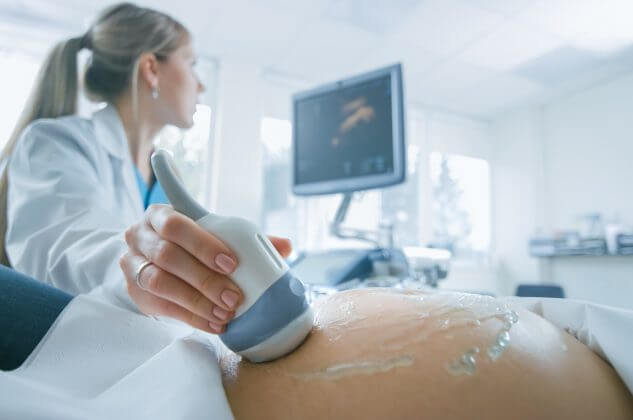
6 July 2021
Group B Streptococcus (Group B Strep, Strep B, Beta Strep, or GBS) is a type of bacteria which lives in the intestines, rectum and vagina of around 2-4 in every 10 women in the UK (20-40%). This is often referred to as ‘carrying’ or being ‘colonised with’ GBS.
Group B Strep is not a sexually transmitted disease. Most women carrying GBS will have no symptoms. Carrying GBS is not harmful to you, but it can affect your baby around the time of birth.
GBS can occasionally cause serious infection in young babies and, very rarely, during pregnancy before labour.
Key points
- Group B Strep is one of the many bacteria that normally live in our bodies and which usually cause no harm
- Testing for GBS is not routinely offered to all pregnant women in the UK
- If you carry GBS, most of the time your baby will be born safely and will not develop an infection. However, it can rarely cause serious infection such as sepsis, pneumonia or meningitis
- Most early-onset GBS infections (those developing in the first week of life) are preventable
- If GBS is found in your urine, vagina or rectum (bowel) during your current pregnancy, or if you have previously had a baby affected by GBS infection, you should be offered antibiotics in labour to reduce the small risk of this infection to your baby.
- If GBS was found in a previous pregnancy and your baby was unaffected, you can have a specific swab test (known as the ECM test) to see whether you are carrying GBS when you are 35-37 weeks pregnant. If the test result is positive, you will be offered antibiotics in labour. If the ECM test result is negative at this point, then the risk of your baby developing early-onset GBS infection is low and you may choose not to have antibiotics.
- The risk of your baby becoming unwell with GBS infection is increased if your baby is born preterm, if you have a temperature while you are in labour, or if your waters break before you go into labour
- If your newborn baby develops signs of GBS infection, they should be treated with antibiotics straight away
Most women carrying GBS have no symptoms, so GBS is often found by chance through a vaginal or rectal swab test or a urine test.
The NHS does not routinely test all pregnant women for group B Strep.

Since September 2017, the Royal College of Obstetricians & Gynaecologists (RCOG) has recommended in their guideline on group B Strep that selected pregnant women should be offered the ECM test. Many maternity units still use a standard test that misses up to half of the women carrying group B Strep, so ask your health professionals what is available locally.
What happens if you have group B strep
If tests find group B strep, or you’ve had a baby that’s been affected by it before, you may need extra care and treatment.
You may be advised to:
- speak to your midwife about your birth plan – they may recommend giving birth in hospital
- contact your midwife as soon as you go into labour or your waters break
- have antibiotics into a vein during labour – this can significantly reduce the risk of your baby getting ill
- stay in hospital for at least 12 hours after giving birth so your baby can be monitored – this is not always necessary
Most babies with a group B strep infection make a full recovery if treated.
Some babies may develop serious problems like sepsis or meningitis.
This can cause lasting problems like hearing loss or loss of vision. Sometimes it can be fatal.
Could it have been prevented?

If you wish to speak to any of our qualified team here at Williamsons, please contact us on 01482 323697.


